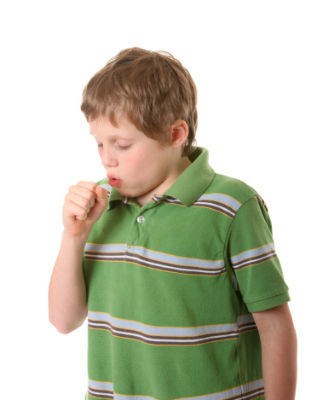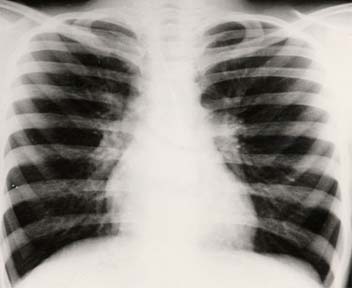Asthma - History and Examination course



This is the first of two sessions on childhood asthma. It covers the non-acute clinical presentation of asthma, history taking and clinical examination. The second session covers investigation, assessment of acute presentation and considers the differential diagnosis. These sessions do not include treatment of asthma.
Learning Objectives
By the end of this session you will be able to:
- Recognise the clinical presentation of paediatric asthma
- Explain the detailed history required to make a diagnosis
- Describe the examination of a child who may have asthma
Asthma is a condition characterised by inflammation and reversible airways obstruction, which causes dry cough and episodic wheeze. It is primarily an atopic condition.
Sarah Denniston is a paediatric consultant at Heart of England NHS Foundation Trust in Birmingham. She trained in Cambridge and the West Midlands.
She has a special interest in respiratory paediatrics, especially cystic fibrosis. In addition to her clinical roles she is local RCPCH College Tutor, lead for PAU, and teaches EPLS.

- Acute Medicine | Hoarseness and stridor 04 knowled...
- Posted By eIntegrity Healthcare e-Learning
- Posted Date: 2024-11-28
- Location:Online
- This session reviews the possible presentations of drug-induced cough and its causes.
- Acute Medicine | Haemoptysis 03 knowledge B
- Posted By eIntegrity Healthcare e-Learning
- Posted Date: 2024-11-28
- Location:Online
- This session explains the mechanisms associated with haemoptysis in bronchiectasis.
- Acute Medicine | Haemoptysis 03 knowledge A
- Posted By eIntegrity Healthcare e-Learning
- Posted Date: 2024-11-28
- Location:Online
- This session describes bronchiectasis and its causes.
- Acute Medicine | Haematemesis and melaena 01 knowl...
- Posted By eIntegrity Healthcare e-Learning
- Posted Date: 2024-11-28
- Location:Online
- This session reviews the causes of haematemesis and melaena. It covers the principles of resuscitation and risk stratification. It also discusses the management (both pharmacological and endoscopic) of patients who present with upper gastrointestinal blee
- Acute Medicine | Fever 01 knowledge A
- Posted By eIntegrity Healthcare e-Learning
- Posted Date: 2024-11-28
- Location:Online
- This session reviews Duke criteria and exceptions.








